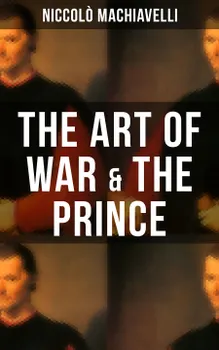Niccolò Machiavelli's 'The Art of War' and 'The Prince' are seminal works that provide valuable insights into politics, power, and leadership. 'The Art of War' is a treatise on military strategy, offering practical advice on tactics and maneuvering in times of conflict. Written in a straightforward and concise style, it reflects Machiavelli's belief in the importance of pragmatism and realpolitik. 'The Prince', on the other hand, explores the nature of political power and the strategies rulers should employ to maintain and expand their authority. Both works are characterized by their ruthless pragmatism and Machiavelli's rejection of traditional moral constraints. They are essential reading for anyone interested in the dynamics of power and governance. Machiavelli, a diplomat and philosopher in Renaissance Italy, wrote these books as a response to the turbulent political climate of his time. His experiences in political office and observation of powerful figures inspired him to analyze the nature of power and provide practical guidance for rulers. Machiavelli's works continue to be relevant today, offering timeless wisdom on the exercise of power and the realities of politics. Readers looking to deepen their understanding of political theory and strategy will find 'The Art of War' and 'The Prince' both enlightening and thought-provoking.
THE ART OF WAR & THE PRINCE : Two Machiavellian Masterpieces in one eBook
Commencez ce livre dès aujourd’hui pour 0 €
- Accédez à tous les livres de l'app pendant la période d'essai
- Sans engagement, annulez à tout moment
Auteur(e) :
Langue :
anglais
Format :

The Science of Racism : Everything you need to know but probably don't - yet

Come As You Are: Revised and Updated : The Surprising New Science That Will Transform Your Sex Life

Social & Communication Skills: The Subtle Art of How to Talk to Anyone and Read People Like a Book to Boost Your Confidence, Become a People Person, Make Friends, and Achieve Relationship Success.

Jouir : En quête de l'orgasme féminin

No Holes Barred : A Dual Manifesto of Sexual Exploration and Power

Nous sommes tous des féministes - Les marieuses
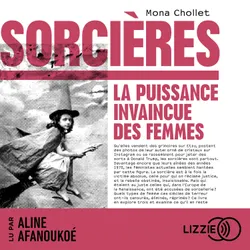
Sorcières

How to Speak How to Listen
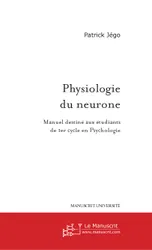
Physiologie du neurone
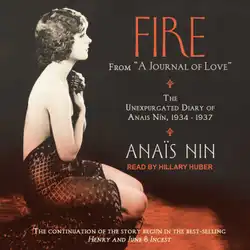
Fire : From “A Journal of Love”: The Unexpurgated Diary of Anais Nin, 1934–1937

Essential Anais Nin : Excerpts from her Diary and Comments
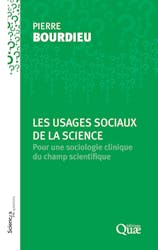
Les usages sociaux de la science : Pour une sociologie clinique du champ scientifique
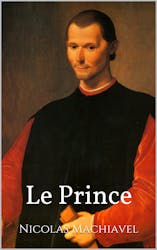
Le Prince

Il principe - Audiolibro

Niccolò Machiavelli: The Prince : A philosophical treatise on the gaining and keeping of power
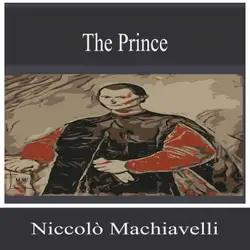
The Prince

Der Fürst. Ein Grundlagentext der Philosophie. : Hörbuchzeit: Klassiker der Weltliteratur
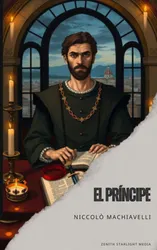
El Príncipe

The Prince :

Niccolò Machiavelli: Der Fürst / Mensch und Staat : Standardwerke der Philosophie

Il Principe
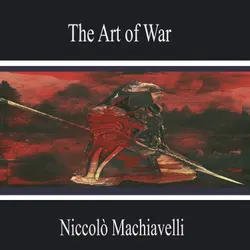
The Art of War
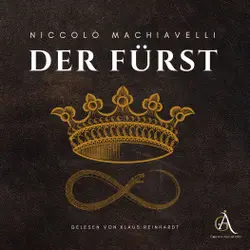
Der Fürst - Hörbuch
